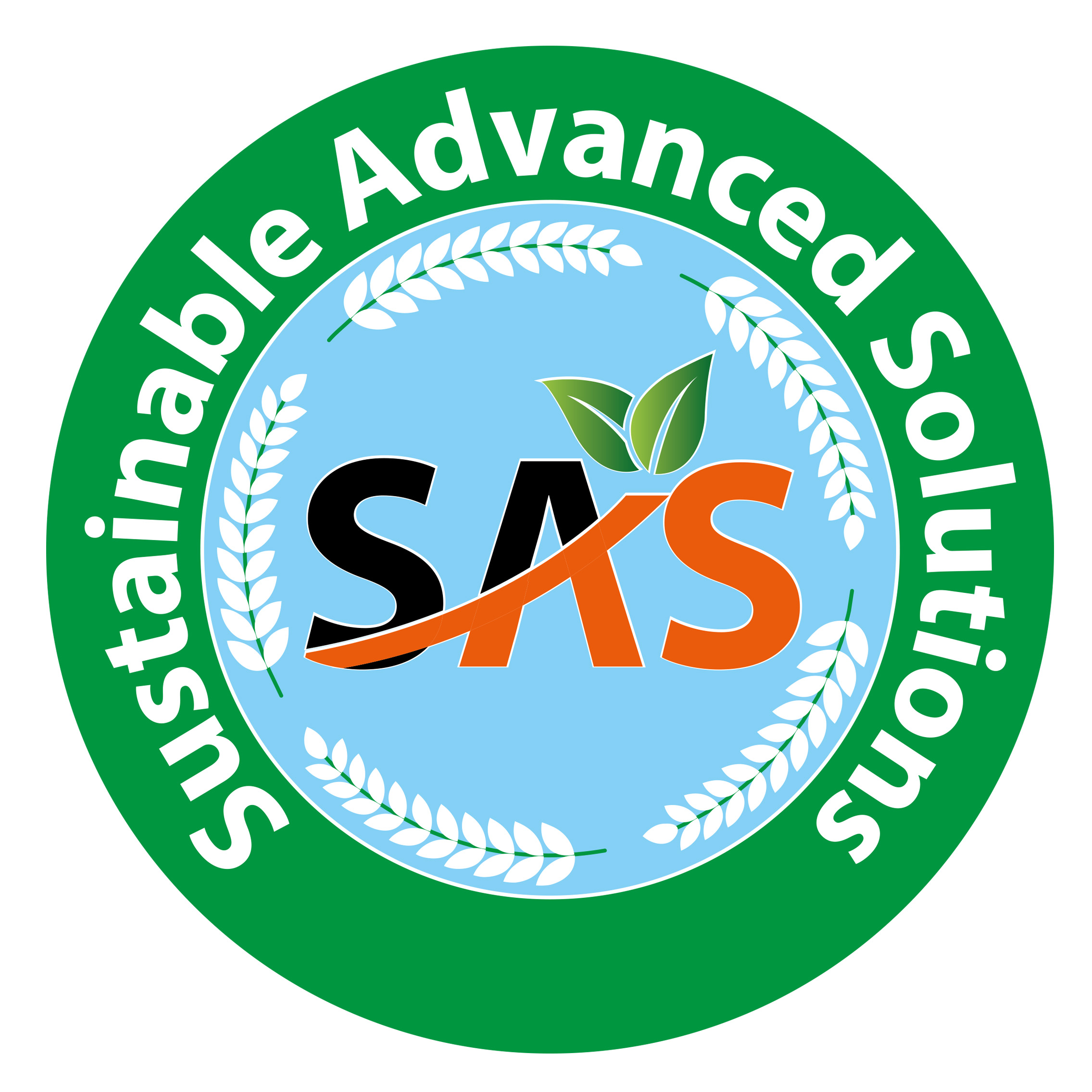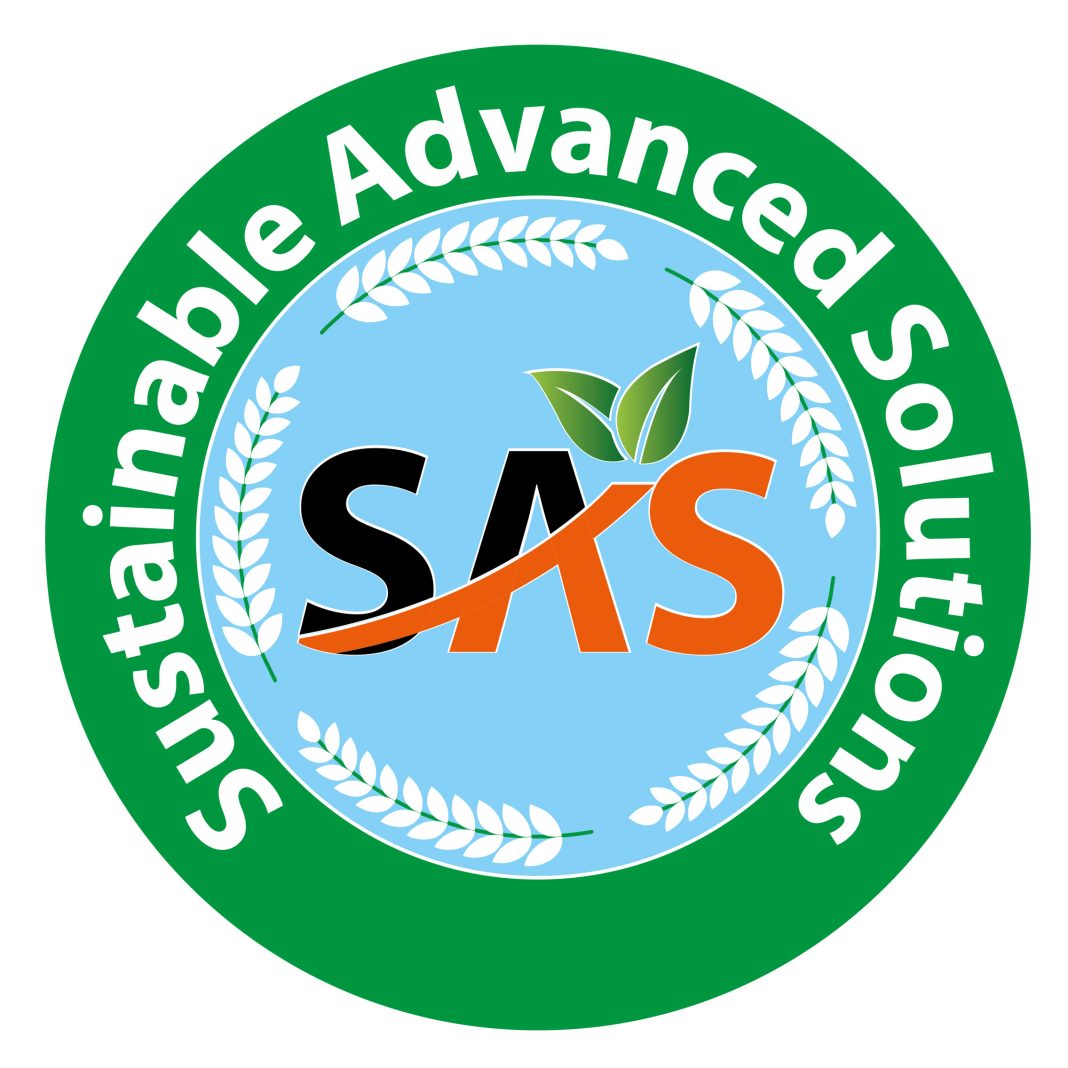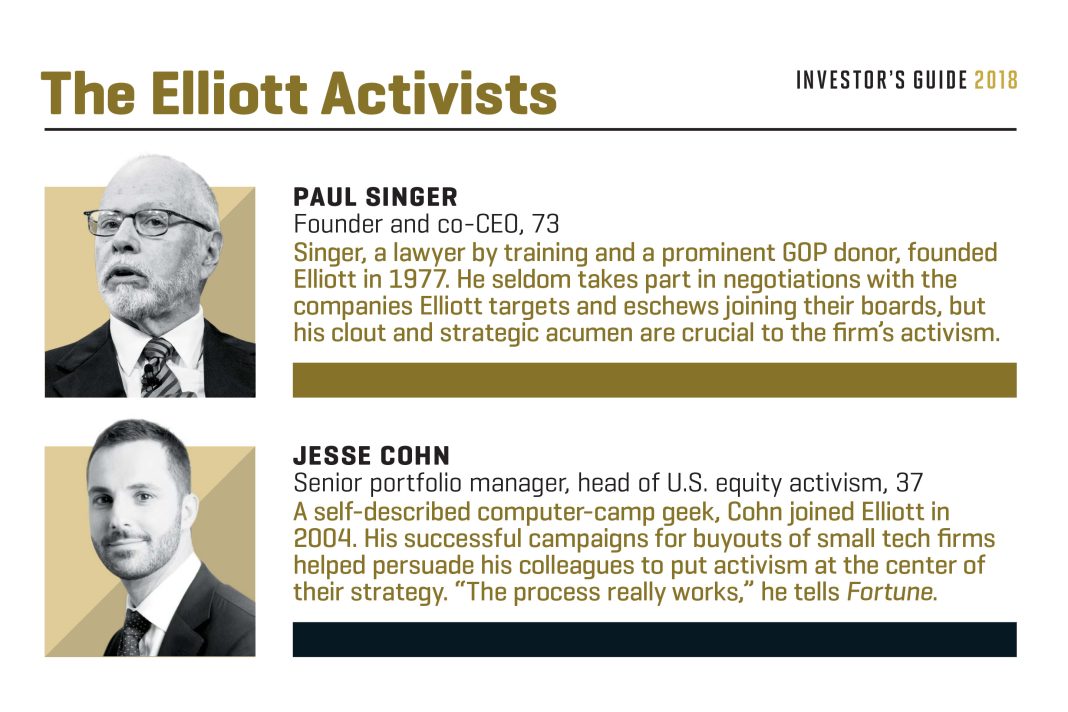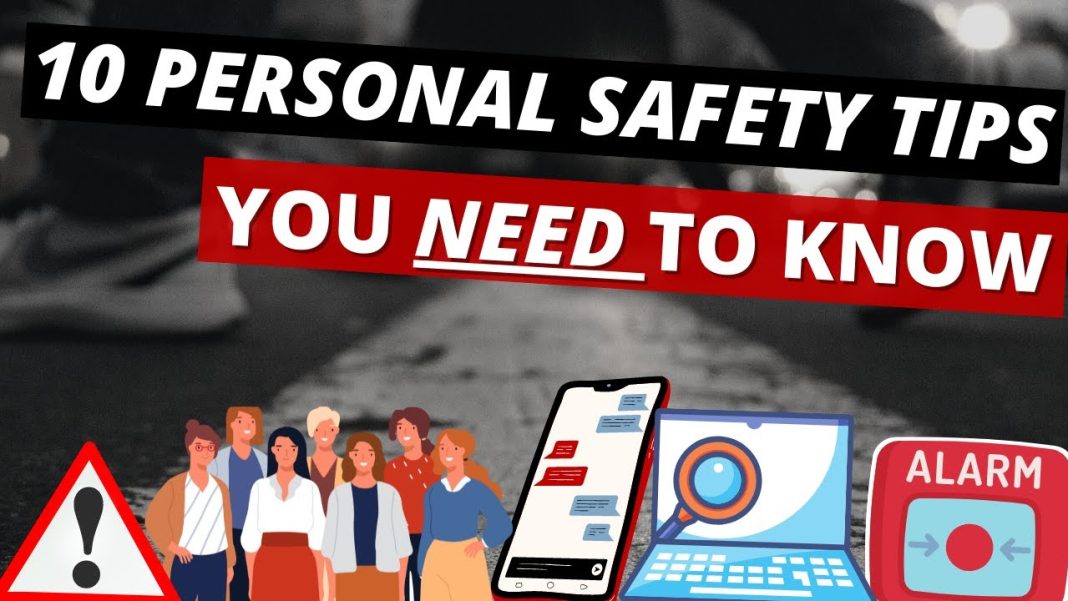 USEN Fined for Violating Federal Environmental Laws
USEN Fined for Violating Federal Environmental Laws
Waste management company U.S. Ecology Nevada (USEN) has agreed to pay a civil penalty of $185,429 to settle claims of hazardous waste and polychlorinated biphenyl (PCB) violations at its facility in Nevada, according to a press release from the U.S. Environmental Protection Agency (EPA). The EPA found that USEN violated two federal environmental laws: the Toxic Substances Control Act (TSCA) and the Resource Conservation and Recovery Act (RCRA).
The EPA stated that USEN failed to comply with RCRA regulations by using materials that were not resistant to degradation to wrap hazardous debris. This posed a risk of the debris being released into the landfill. Additionally, the company violated TSCA requirements related to PCBs. The building where USEN stored the highly carcinogenic chemical compounds was not maintained properly, allowing precipitation to come into contact with the containers of PCB wastes stored inside.
USEN also consolidated hazardous waste on its PCB tanker truck loading pad and improperly solidified low-level PCBs that were below the threshold of 50 parts per million. The company failed to label a PCB storage area correctly and did not comply with one-year disposal and reporting requirements, according to the EPA.
The facility involved in the settlement is located on a 480-acre site approximately 11 miles south of Beatty, Nevada. It handles hazardous waste, non-hazardous industrial materials, and PCBs. U.S. Ecology is owned by Republic Services and has multiple sites across the United States.
The EPA’s regional administrator, Martha Guzman, emphasized the importance of holding facilities accountable for failing to follow chemical safety laws. She stated, “Nevada residents should not have to live with the threat of exposure to harmful materials like PCBs and hazardous waste.”
In response to the settlement, a spokesperson for Republic Services expressed satisfaction with resolving the matter with the EPA. The spokesperson noted that although they disagreed with the EPA’s interpretations of applicable laws, the company worked cooperatively to reach a mutually acceptable resolution. They also reaffirmed their commitment to providing responsible disposal services and maintaining a strong relationship with the Nevada Department of Environmental Protection and the local community.
Understanding PCBs and their Environmental Impact
Polychlorinated biphenyls, or PCBs, are human-made substances that were widely used in various industrial and commercial applications until they were banned by the U.S. government in 1979. PCBs are persistent in the environment as they do not break down easily and can cause significant harm.
The adverse effects of PCBs are well-documented. They are known to cause cancer and have been linked to serious non-cancer health conditions, including impacts on the immune system, reproductive system, and nervous system. Even though PCBs have been banned for decades, they continue to be present in the air, water, and soil due to their widespread use before the ban.
Furthermore, waste from the manufacturing process involving PCBs was often disposed of in dump sites or landfills, contributing to their global presence today. The EPA notes that there are still certain exemptions to the ban for a defined quantity of PCBs at specific concentrations, known as “inadvertent PCBs.”
The settlement between USEN and the EPA highlights the importance of strict adherence to chemical safety laws to protect communities from the potential dangers of hazardous waste and PCB exposure. By holding companies accountable, regulatory agencies like the EPA aim to ensure a safer environment for all.


